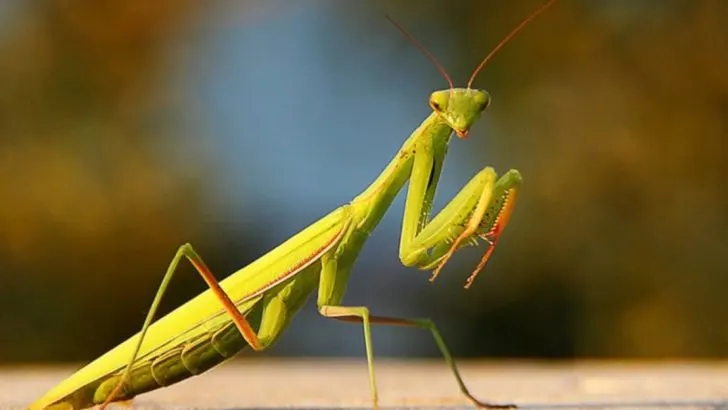In the garden, not all bugs are the enemy. While pests can damage plants, many insects play essential roles in maintaining a healthy ecosystem. From pollinators to natural pest controllers, some bugs are invaluable allies in your gardening efforts. Here are 17 beneficial bugs you should never kill in your garden, as they contribute to your plants’ health and the overall balance of nature.
Ladybugs
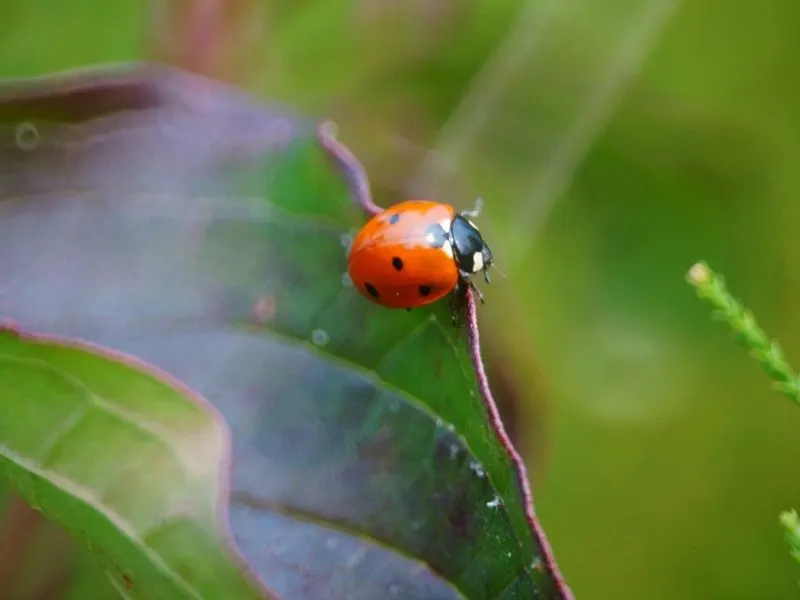
Renowned for their appetite, ladybugs can devour up to 50 aphids a day, helping control the pest population in your garden. These spotted beetles are a gardener’s friend, consuming mites and other soft-bodied insects, making them vital for organic pest control.
Welcoming ladybugs encourages the natural balance of your garden, reducing the need for chemical pesticides. They prefer gardens with plenty of pollen, so flowering plants can help attract them. Consider planting dill, fennel, or marigold to create a ladybug-friendly environment and watch as they patrol your plants.
Bees
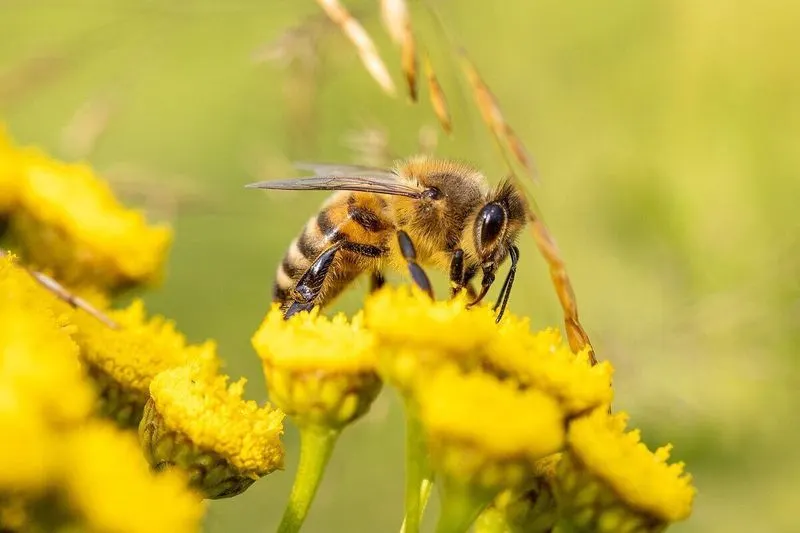
Bees are essential pollinators, ensuring the reproduction of flowering plants and the production of fruits and vegetables. Their role in pollination directly influences the yield and quality of your garden’s harvest.
Creating a bee-friendly habitat involves planting a variety of bloom times and including native plants. Avoid using pesticides that can harm these important insects. Providing a shallow water source can also help support their daily needs. By fostering a bee-friendly environment, you’re not just promoting pollination but also supporting biodiversity.
Praying Mantises
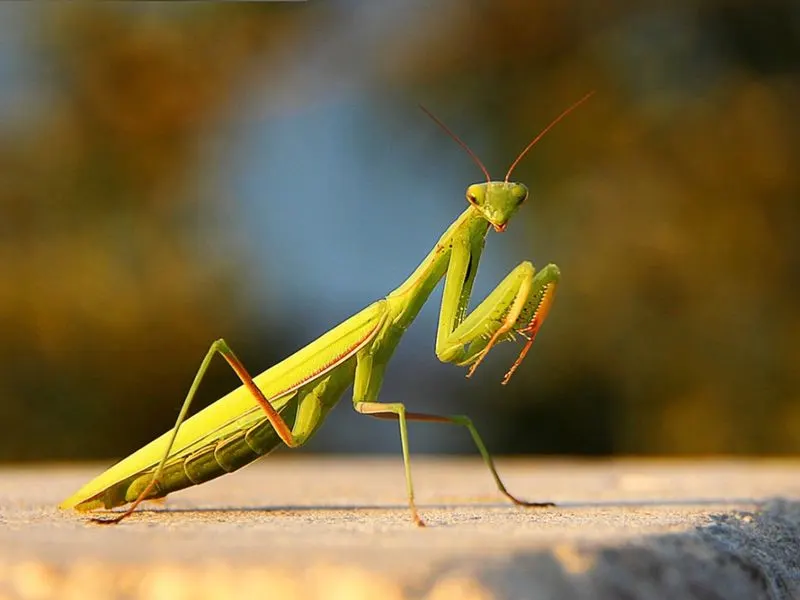
Known for their predatory prowess, praying mantises are exceptional hunters, targeting a range of garden pests including beetles and caterpillars. Their stealth and speed make them formidable allies in pest management.
Introducing praying mantises to your garden can naturally reduce pest populations without harming beneficial insects. They thrive in diverse landscapes, so a mix of tall grasses and low shrubs can provide ideal habitats. Encouraging their presence can lead to fewer pest-related problems and a more balanced ecosystem.
Ground Beetles
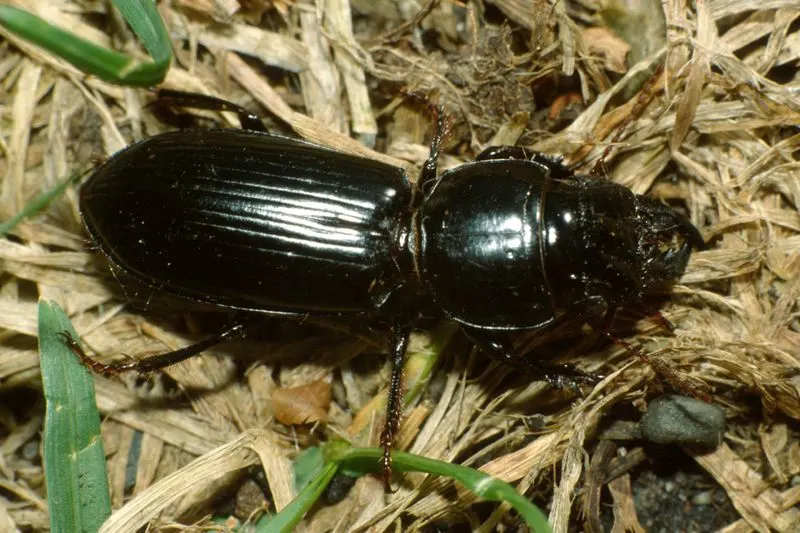
These nocturnal hunters patrol the ground, preying on pests like slugs, caterpillars, and cutworms. Ground beetles are crucial in managing soil-dwelling pests that can harm your plants.
Creating a habitat with mulch and stones provides shelter for these beneficial beetles. By supporting their environment, you can help maintain the natural pest control they offer. Offering a diverse garden landscape with varied textures can encourage ground beetle populations, enhancing your garden’s health.
Hoverflies
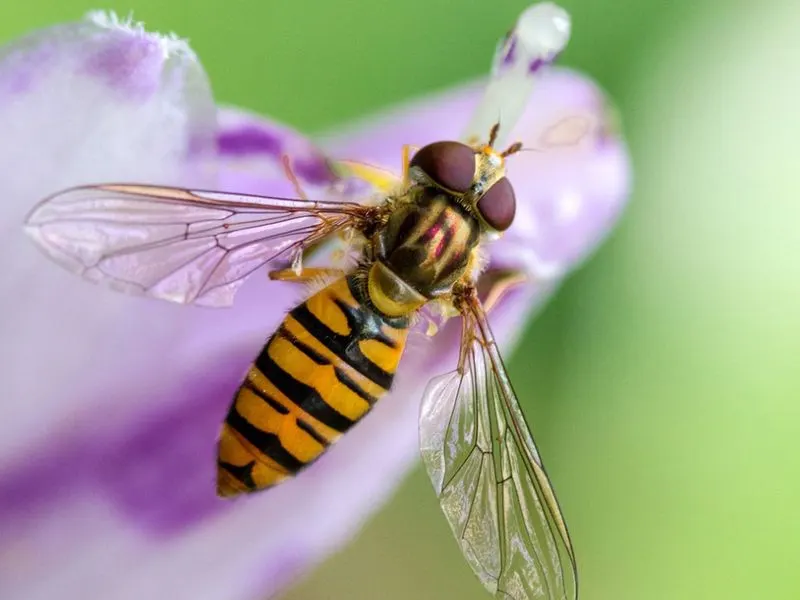
Often mistaken for bees, hoverflies are significant pollinators and pest controllers, feeding on aphids and nectar alike. Their presence enhances your garden’s flowering and productivity.
To attract hoverflies, plant flowers with open, flat tops like yarrow or dill. These plants provide easy access to nectar and pollen. Hoverflies are less aggressive than bees, making them a peaceful addition. By encouraging hoverflies, you support natural pest control and pollination.
Lacewings
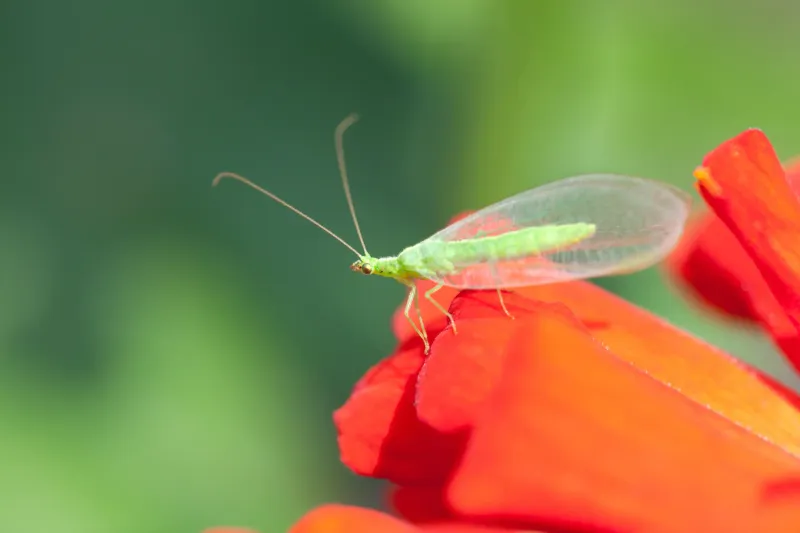
Lacewings, with their delicate wings and beneficial larvae, are champions in controlling aphid populations. Their larvae, known as aphid lions, feast on soft-bodied insects.
Providing a garden with plenty of pollen and nectar will attract lacewings. They prefer environments with a diversity of plants, which also helps sustain their prey. By nurturing lacewings, you enhance your garden’s natural defenses against pests, reducing the need for chemical interventions.
Dragonflies
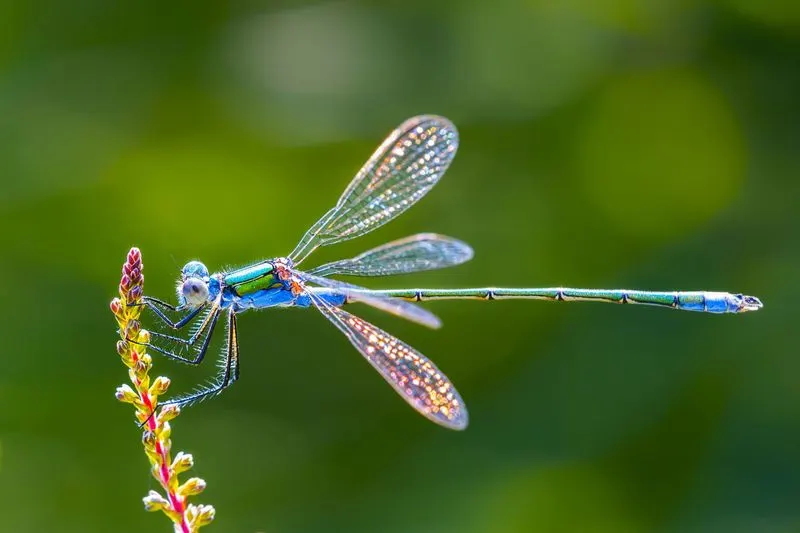
Dragonflies are formidable aerial predators, consuming mosquitoes and other flying pests. Their presence around water features can significantly reduce the pest population.
Creating habitats with ponds or water gardens can attract dragonflies. These agile fliers need places to perch and water to breed, so a diverse aquatic setting is ideal. By supporting their habitat needs, you contribute to a reduction in pests and enjoy the beauty of dragonflies in your garden.
Spiders
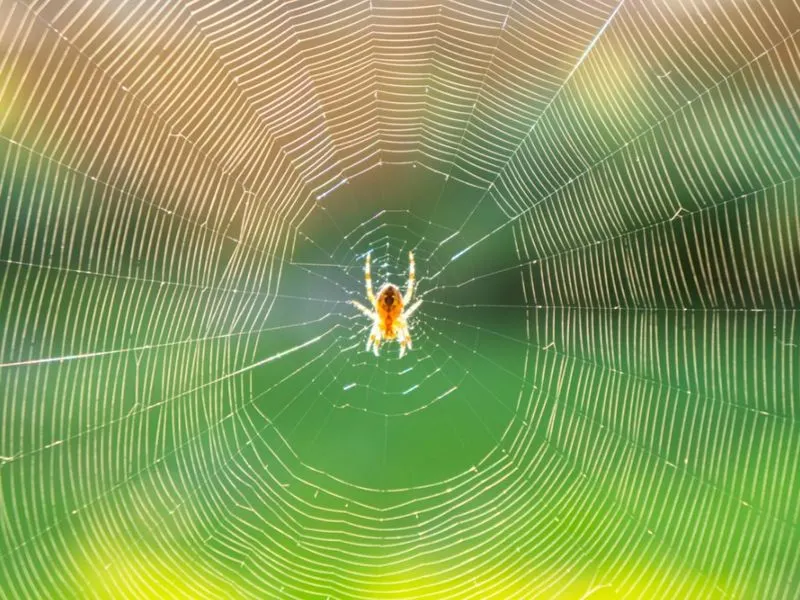
Spiders, often misunderstood, play a vital role in controlling insect populations by trapping them in their webs. These natural pest controllers can reduce the need for chemical alternatives.
A diverse garden with a variety of plants encourages spider populations. They are beneficial across different garden zones, from flowers to vegetables. By welcoming spiders, you support an ecosystem that keeps pest numbers in check while promoting biodiversity.
Butterflies
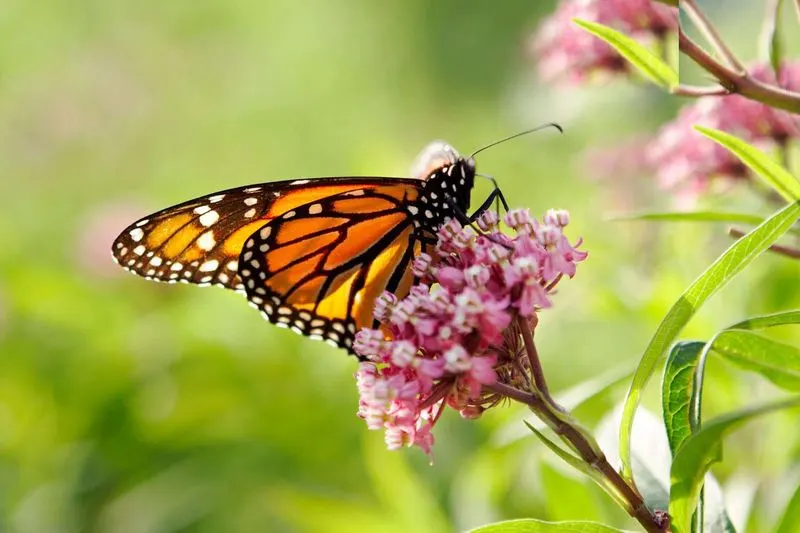
Beyond their beauty, butterflies are important pollinators, aiding in the reproduction of various plant species. Their presence indicates a healthy and diverse garden environment.
Attracting butterflies involves planting native wildflowers and providing sunny open spaces. Avoiding pesticides helps protect these delicate insects. By fostering a butterfly-friendly garden, you enhance pollination and enjoy the added bonus of vibrant garden aesthetics.
Parasitic Wasps
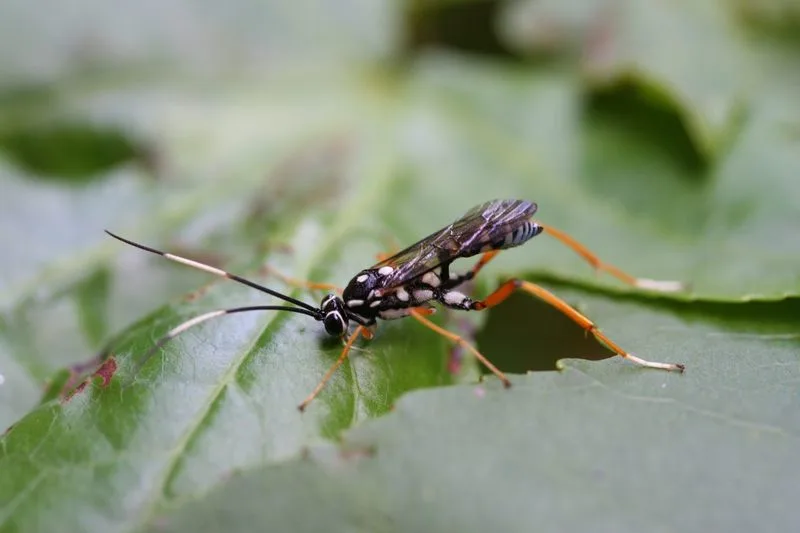
Parasitic wasps are tiny warriors against garden pests, laying eggs inside or on harmful insects. Their larvae consume the host, effectively reducing pest numbers.
To attract these beneficial wasps, plant small flowers like cilantro or dill, which provide nectar for adults. They are non-aggressive to humans, making them safe allies. Supporting parasitic wasps helps maintain a natural balance, reducing reliance on chemical pesticides.
Rove Beetles
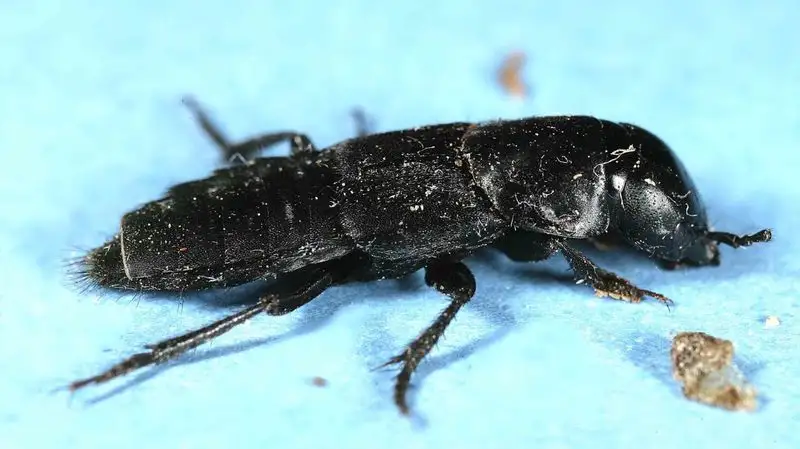
Rove beetles, with their elongated bodies, are effective in controlling soil-dwelling pests like root maggots and slugs. Their presence signifies a healthy, functioning soil ecosystem.
These beetles thrive in gardens with plenty of organic matter and moisture. Mulching and composting can help create suitable habitats. Their diverse diet makes them adaptable, ensuring broader pest control. By fostering rove beetles, you enhance soil health and plant resilience.
Ants
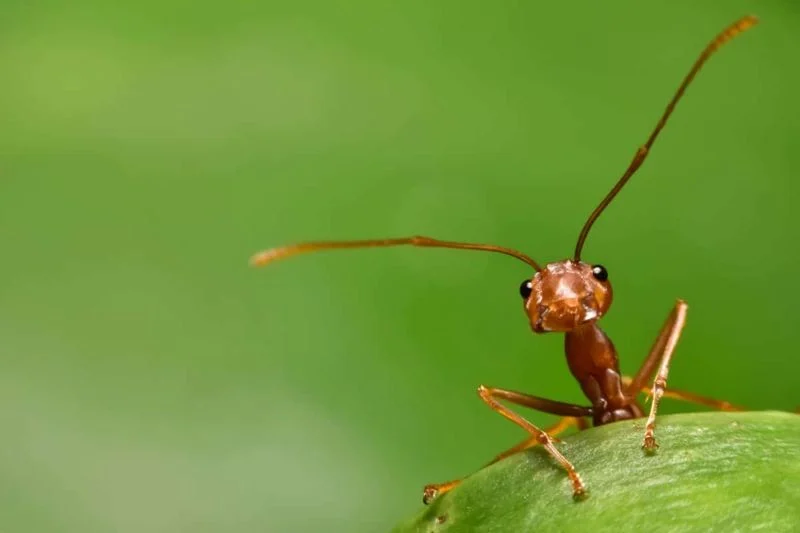
While often seen as pests, ants play roles in aerating soil and controlling other insect populations. Their tunneling enhances soil structure, promoting plant health.
Encouraging ants involves creating a garden with diverse plant structures and avoiding overuse of pesticides. They can be beneficial in controlling soft-bodied insects and supporting the ecosystem. By understanding ants’ roles, you can appreciate their contributions to a balanced garden habitat.
Earwigs
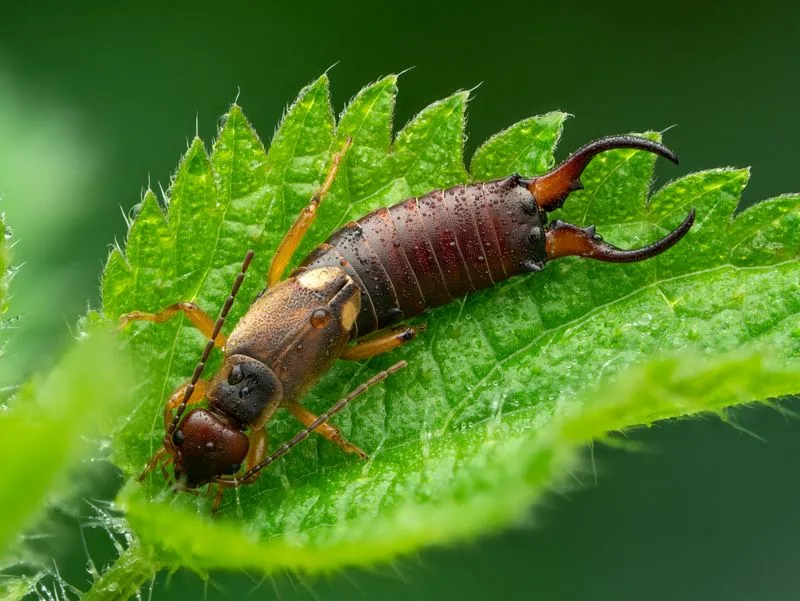
Despite their intimidating appearance, earwigs are beneficial in controlling aphids and decaying plant matter. They play a dual role as both scavengers and predators.
A garden rich in organic matter and mulch provides ideal habitats for earwigs. Their presence can help in breaking down organic materials, enriching soil nutrients. By recognizing their roles, you support natural garden cycles and reduce waste.
Bumblebees
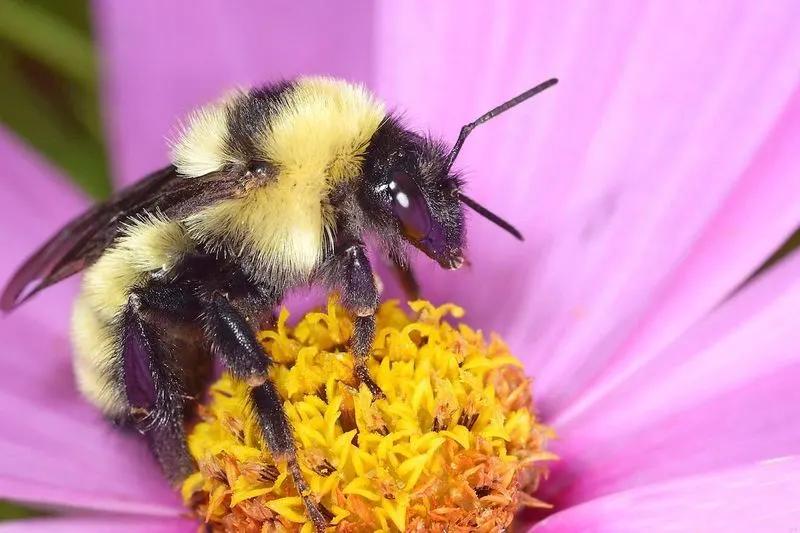
Bumblebees are robust pollinators, essential for the fertilization of many fruits and vegetables. Their buzzing helps release pollen, improving plant productivity.
Creating a bumblebee-friendly garden involves planting diverse flowers and ensuring nesting sites. They prefer areas with abundant bloom and minimal disturbance. By supporting bumblebee populations, you enhance crop yields and garden diversity, contributing to ecological balance.
Assassin Bugs
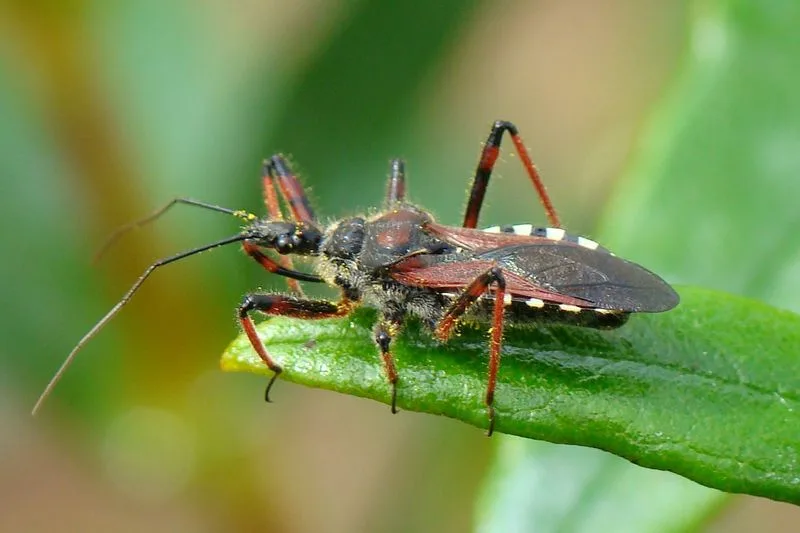
Assassin bugs are stealthy predators, preying on a wide range of harmful insects. Their presence helps maintain the balance of garden ecosystems.
Encouraging assassin bugs involves creating a diverse plant environment that supports various insect populations. They are beneficial in controlling caterpillars and beetles. By fostering these natural predators, you reduce pest pressure and promote garden health without chemicals.
Soldier Beetles
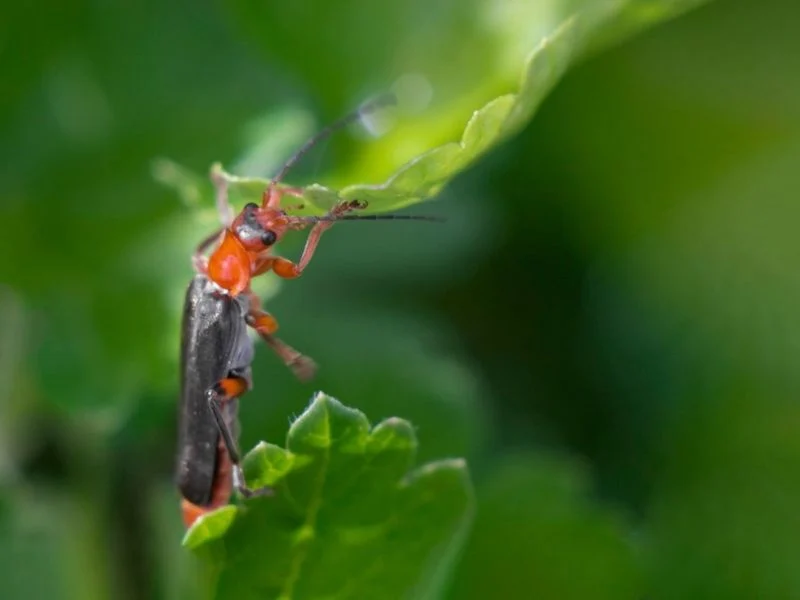
Soldier beetles are generalist predators, consuming aphids and other soft-bodied insects. Their larvae also feed on pests, contributing to garden health.
To attract soldier beetles, plant goldenrod or milkweed, providing nectar and pollen resources. These beetles are beneficial throughout their life stages, offering ongoing pest control. By encouraging soldier beetles, you support natural pest management and enhance garden biodiversity.
Tachinid Flies
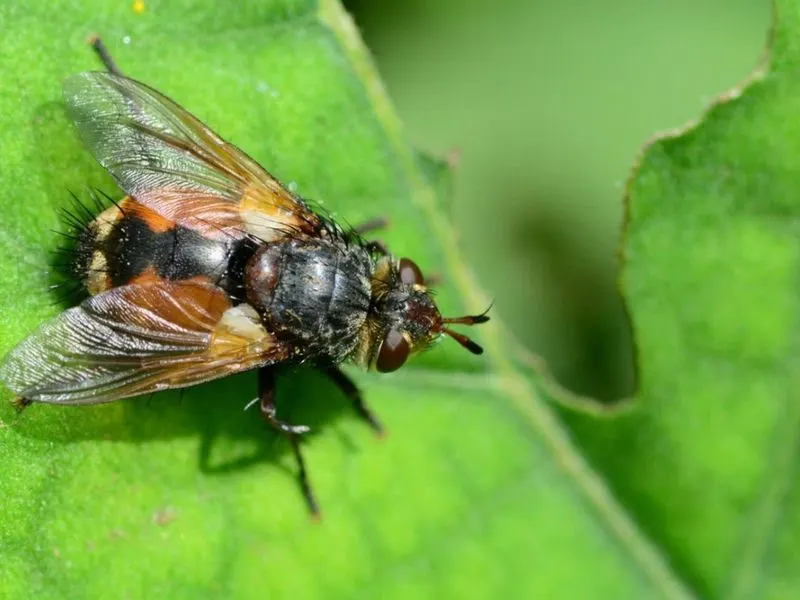
Tachinid flies are unsung heroes in pest management, as their larvae develop inside host insects, reducing populations. They target various garden pests, aiding in natural control.
Attracting these flies involves planting herbs like dill and fennel, which provide nectar for adults. They are non-intrusive and beneficial, particularly for organic gardens. By supporting tachinid flies, you enhance your garden’s resilience against pests, promoting a healthier ecosystem.

